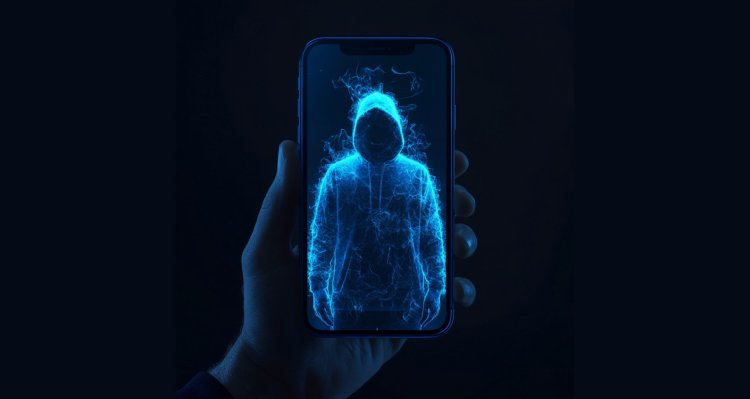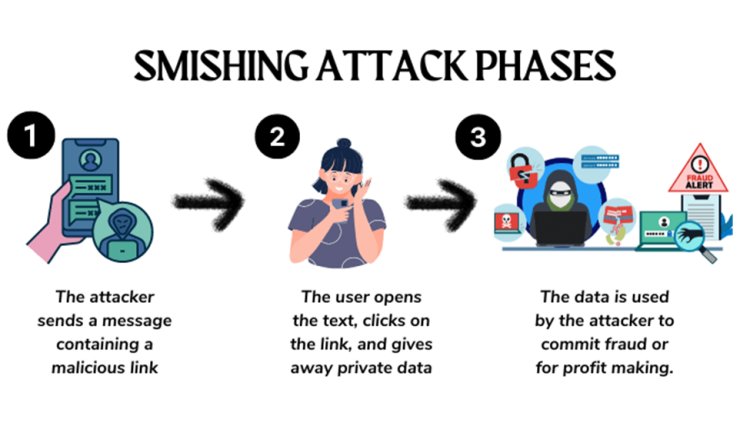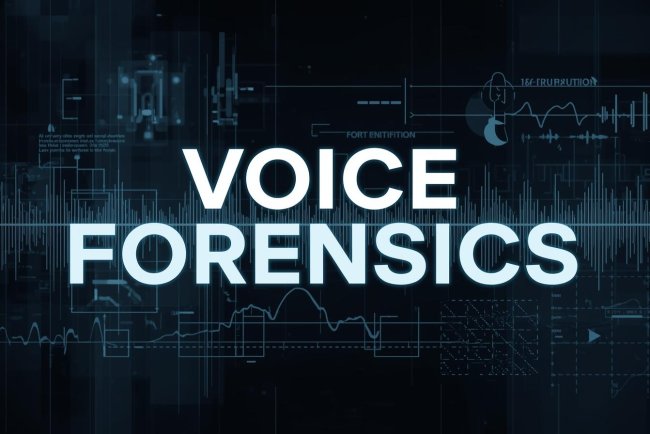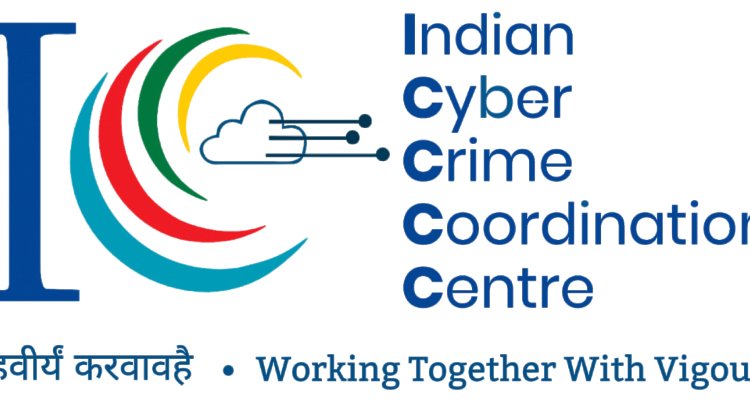Smishing and Vishing: The Rise of Mobile-Based Cyber Attacks in the Real World
With the increasing reliance on mobile devices, cybercriminals are exploiting new tactics like smishing and vishing to deceive users and steal sensitive information. This blog explores real-world cases, prevention strategies, and how businesses and individuals can stay secure against these growing threats

Smishing and Vishing
The Rise of Mobile-Based Cyber Attacks in the Real World

In today's fast-paced digital world, our mobile phones have become an inseparable part of our lives. From banking to shopping, work to social interactions, everything is just a tap away. But as convenience grows, so do the threats lurking in the shadows of cyberspace. Among these threats, Smishing (SMS phishing) and Vishing (Voice phishing) have emerged as major concerns, targeting individuals and businesses alike.
What is Smishing?
Smishing is a type of phishing attack where cybercriminals send fraudulent text messages to trick individuals into providing personal or financial information. These messages often appear to come from legitimate sources like banks, government agencies, or well-known companies.
Real-World Smishing Scenario
Imagine this: You receive an SMS from your bank saying,
"प्रिय ग्राहक, आपके खाते से संदिग्ध लेन-देन हुआ है। कृपया तुरंत इस लिंक पर क्लिक करके अपनी जानकारी अपडेट करें।" (Dear customer, a suspicious transaction has been detected on your account. Please click this link immediately to update your details.)
In panic, you click the link and enter your details—only to later find out that your account has been drained. This is the danger of smishing.
What is Vishing?
Vishing, or voice phishing, is another deceptive practice where fraudsters use phone calls to manipulate people into revealing sensitive information. The attackers often impersonate officials, tech support representatives, or even law enforcement to create a sense of urgency.
Real-World Vishing Scenario
You get a call:
"सर, मैं बैंक से बोल रहा हूँ। आपके खाते में संदिग्ध गतिविधि देखी गई है। कृपया अपनी KYC जानकारी हमें दें, नहीं तो आपका अकाउंट ब्लॉक हो जाएगा।" (Sir, I am calling from the bank. Suspicious activity has been detected in your account. Please provide your KYC details, or your account will be blocked.)
Fearing account suspension, you share your details—only to realize later that the call was fake, and your bank account is compromised.
Why Are These Attacks Rising?
Mobile Dependency: With most financial transactions and personal communications happening via mobile, attackers exploit this dependency.
Psychological Manipulation: These scams create a sense of urgency, fear, or reward, making individuals act impulsively.
Lack of Awareness: Many users are unaware of such threats, making them easy targets.
Advanced Spoofing Technology: Attackers can mask their numbers, making it appear as if the call or message is from a trusted source.
How to Protect Yourself?
Verify Before You Act: Always double-check with the official website or customer care before clicking on any links or sharing information.
Do Not Share Sensitive Information: Banks and government agencies never ask for personal details via SMS or call.
Check the URL Carefully: If a link looks suspicious, avoid clicking on it.
Use Security Software: Install and update antivirus and anti-phishing apps on your phone.
Educate Yourself and Others: Awareness is the first step to protection. Share knowledge with family and colleagues.
Report the Scams: If you receive a suspicious SMS or call, report it to the authorities or the concerned organization.
Final Thoughts
Smishing and vishing are evolving threats in the cyber world, exploiting human psychology and mobile technology. Staying informed and vigilant is the best defense. Next time you receive a call or message demanding urgent action, take a moment to think—क्या यह सच में बैंक है या कोई ठग? (Is this really the bank, or a scammer?)
Cybersecurity starts with you. Stay alert, stay safe!
Follow cyberdeepakyadav.com on
Facebook, Twitter, LinkedIn, Instagram, and YouTube
What's Your Reaction?
























